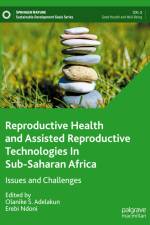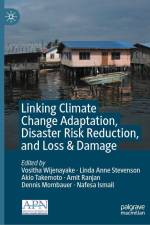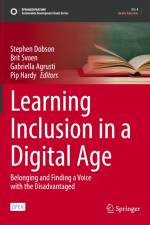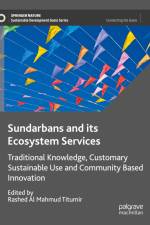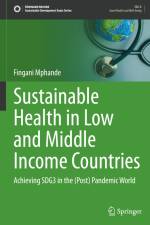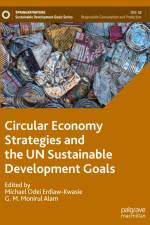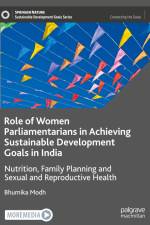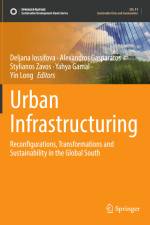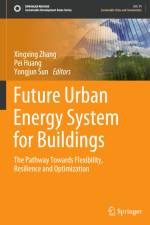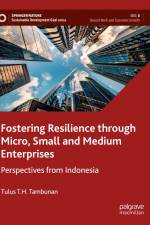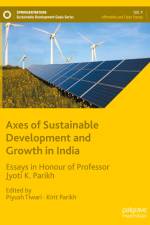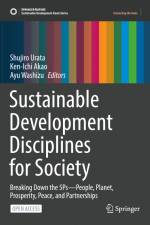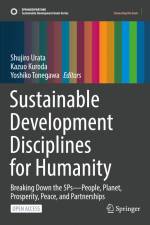av Xingxing Zhang
1 781
This book investigates three main characteristics of future urban energy system for buildings, including flexibility, resilience and optimization. It explores the energy flexibility by considering renewable energy integration with buildings, sector coupling, and energy trading in the local energy market. Energy resilience is addressed from aspects of future climate change, pandemic crisis, and operational uncertainties. Approaches for system design, dynamic pricing and advanced control are discussed for the optimization of urban energy system. Knowledge from this book contributes to the effective means in future urban energy paradigm to closely integrate multiple energy systems (i.e., distribution, mobility, production and storage) with different energy carriers (i.e., heat, electricity) in an optimal manner for energy use. It would facilitate the envision of next-generation urban energy systems, towards sustainability, resilience and prosperity.This book targets at a broadreadership with specific experience and knowledge in energy system, transport, built environment and urban planning. As such, it will appeal to researchers, graduate students, engineers, consultants, urban scientists, investors and policymakers, with interests in energy flexibility, building/city resilience and climate neutrality.

